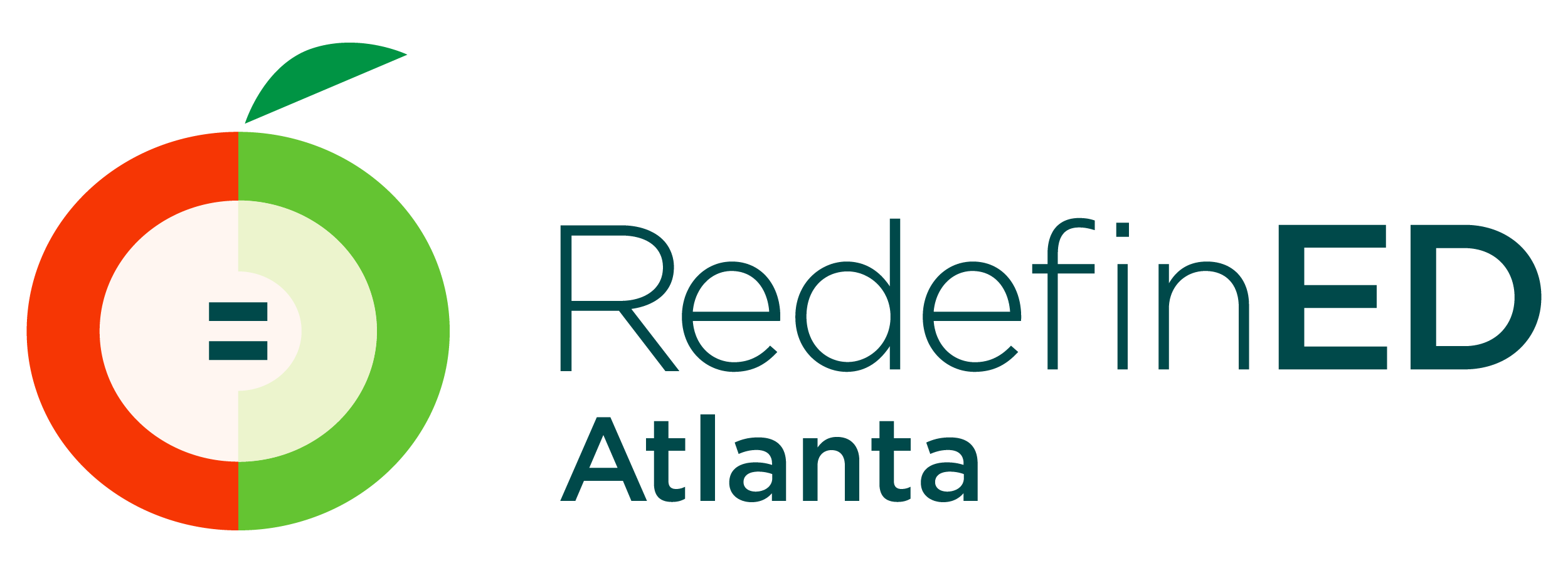Key Focus Areas: Discussion on FY25 budget adjustments, FY26 budget planning, compensation and salary updates, literacy investments, Enterprise Resource Planning (ERP) system implementation, facilities planning, and school nutrition programs.
Accountability
- Budget Deficit and Cost-Saving Measures:
- Addressing the $100M budget gap for FY26 and identifying cost-saving opportunities such as opting out of HB581 (savings of $20-30M).
- Reviewing staffing ratios and potential savings of $251M-$344M by aligning with similar districts.
- Implementing a 20% reduction in central office expenses ($60M total savings target).
- ERP Implementation and Data Governance:
- Concerns raised about 61 use cases for ERP and ensuring data governance issues are resolved.
- Gartner identified five key improvement areas for the ERP system.
- Future updates will be provided on cost savings achieved through ERP.
- Teacher Experience and Student Outcomes:
- Notable increase in teachers with 3+ years of experience, raising concerns about tracking student outcomes linked to teacher retention.
- Discussion on whether salary incentives for long-tenured teachers should be tied to student success in high-need schools.
Equity
- Literacy Investment and Curriculum Adoption:
- Alignment with the Georgia Early Literacy Act (HB 538), Dyslexia Law (SB 48), and Georgia Council on Literacy (SB 211).
- ELA curriculum vendors under review: Savvas, HMH, McGraw Hill, Amplify, and Benchmark Advance.
- Investment of $10M+ for K-12 literacy improvements, with stakeholder engagement from principals, teachers, and parents.
- Facilities Master Plan and School Utilization:
- Addressing 51 underutilized/low-enrollment schools (22,000 empty seats) while ensuring resources are used efficiently.
- Six overcrowded middle/high schools identified for future capacity planning.
- Community engagement process scheduled April–October 2025, with board votes in November–December 2025.
- School Nutrition Improvements:
- Evaluating district participation trends in the meal program and potential policy adjustments to increase student meal engagement.
- Exploring expansion of Breakfast in the Classroom and Grab & Go options to address declining breakfast participation.
Access & School Options
- Support for Small Schools and Program Evaluation:
- Discussion on $11.5M allocation to underfunded small schools.
- Potential program cuts under review: Readers Are Leaders ($11.8M), Turnaround Initiative ($12M).
- Charter School Facility Grant Adjustment:
- $404,358 increase to the FY25 Local Charter School Facility Grant, bringing total funding to $1.9M.
Community Engagement Opportunities
- Upcoming Public Hearings/Feedback Sessions:
- Facilities Master Plan community engagement (April–October 2025).
- Budget Commission discussions in May 2025.
- How to Get Involved:
- Attend committee and community engagement meetings to provide input on budget and facilities planning.
- Participate in district surveys and community taskforce discussions.
Next Steps
- March 20, 2025: Budget Commission’s first review of the comprehensive budget.
- April 17, 2025: Review of FY2026 Special Revenue, SPLOST, and School Nutrition programs.
- May 5, 2025: Tentative Board adoption of the FY2026 budget.
- May 15, 2025: Budget Commission final review.
- June 2, 2025: Final Board adoption of the budget.
Stay Informed & Take Action!
ign up for our upcoming community dialogue session: Charter Accountability Community Dialogue Session
